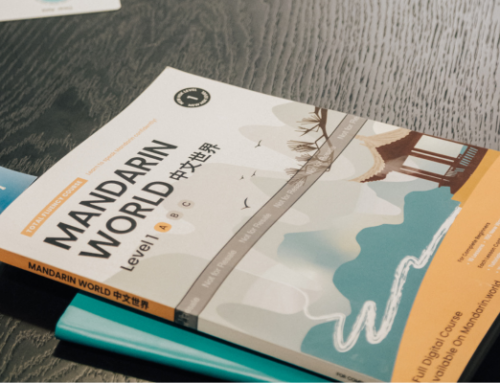How to learn a new language, you might have read somewhere, quoting suggestions like:
– Talk to native speakers with the first 50 words you learn
– Use post-it in your house, around you to name items
– Reset your phone language even
Of course, never forget the benefits of taking a structured course where you can interact with your tutor and fellow classmates, to gain instant feedback, encouragements and progress guarantee.
What we want to discuss here is how to learn Mandarin, research into our students, we gain insights that we would like to share with you:
1. Make specific goal
During the past few years, we found out how important achieving mile stones is for our students. We highly recommend them to sit for the HSK (Chinese Proficiency Test) when we know we have prepared them well in that level. So far, our students test results are averaged at 90%, ie everyone passed with flying colours, everyone got the certificate on their CVs.
2. Learn with pleasure
Keeping keen interest in learning a new language along side a busy city life schedule is not easy! We understand that totally. That’s why our courses are all run in an interactive, informal way. Our students love the lively atmosphere, the chatty crowd that encourages them to speak up, practise, even make jokes. Ultimately, if you don’t enjoy while you are learning, the motivation or ambition alone will add more weight on you.
3. Learn vocabulary in context
That’s one of the most important techniques our teachers use. Using a language is just making sentences that other people will understand. Not only we are using the textbooks and bespoke material to cover interesting topics, we use pictures, flashcards to introduce the vocabulary. We then ask students to make memorable sentences with each word to use in that context.
4. Do a lot of translation exercises
Translation is one exercise we used for each stage of learning. Making sentences in Mandarin side-by-side with English, is proven to be a key approach for students to understand the sentence structure, grammar and correct way of expressing themselves.
5. Do a lot of writing exercises
From Beginner to Advanced, writing exercises are homework we give to students. It could be just a small 5 sentence self introduction, it could be a 200 – 500 words writing about your job, it could even be opinions on a piece of news like NHS patients in UK. Our teachers have collected a huge amount of students’ writing assignments, and it’s only through their outputs (the writing), teachers are able to identify mistakes, and help students improve.
6. Time to put down the textbook and notes, try to speak with a native speaker (or your teacher to begin with)
We always try to create the couch moment in our class. When students are asked to put down the books, and just interact with the teacher or a classmate in speaking topics. Most self-taught language learners might never have such chance to speak the language, and like how you sound, what you say, in Mandarin! Our courses are designed to make you speak, that’s for sure!





